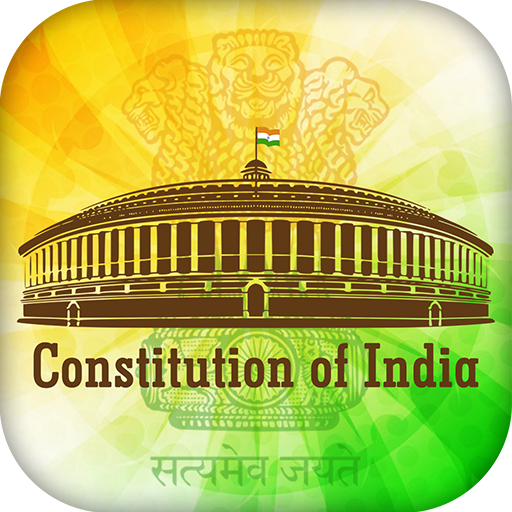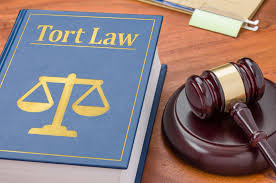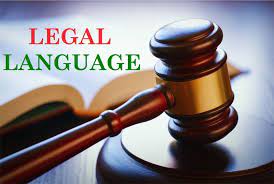Description
COURSE OBJECTIVES:
This course is the second course on Constitutional Law in the professional LLB programs of the University. This is designed to enrich student’s knowledge about the Supreme Lex.
The course aspires to impart detailed understanding of various vital aspects of Indian Constitutional governance, federalism and Centre-State relations. The students will be intellectually armed with the exhaustive knowledge of the composition and jurisdiction of Supreme Court and High Courts.
This course intends to highlight detailed understanding of the powers and functions of legislature and executive. At the same time, this course provides augmented acquaintance to students about concepts like independence of judiciary, judicial accountability and judicial activism in India.
The students will gain in depth learning about provisions relating to Emergency and amenability of the Constitution. The Constitution and powers of various constitutional bodies will be analyzed in detail.
Over all, this course emphatically prepares students to achieve intense knowledge and meticulous intricate details about imperative concepts of the Supreme law of the land. The course also encompasses study of interstate trade and commerce and cooperative societies.
COURSE OUTCOME:
After completing this course the students will be able to:
1. Understand the concept of Federalism and relationship and distribution of powers between Centre and State and analyze various doctrines to interpret the Union, State and Concurrent Lists.
2. Understand the procedure for appointment, removal and powers of President and Governor as well as various Constitutional bodies like Election Commission of India, Attorney General and Advocate generals, Comptroller and Auditor General of India.
3. Comprehend in detail the qualifications, disqualifications of members of legislatures and executives and powers and privileges of Centre and State Legislatures.
4. Understand and fathom the Composition and Jurisdiction of Supreme Court and High Court and the concepts of Independence of Judiciary, Judicial accountability and judicial activism.
5. Understand and identify the provisions relating to declaration of various emergencies ad their interpretation.
6. To know and appreciate the provisions of the Constitution as to the power, procedures and restrictions on amending the Constitution and their interpretation , including the Basic Structure Doctrine.
7. To understand the provisions of the Constitution on interstate trade and commerce and cooperative societies.




